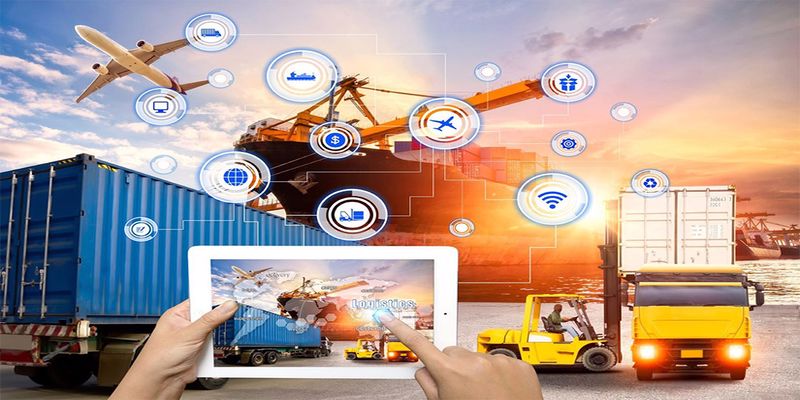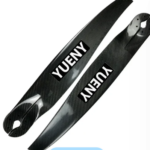
In today’s fast-paced world, businesses must adopt innovative technologies to keep up with their competitors. The supply chain is an integral part of any business, and its efficiency can make or break a company’s success. With the advancements in technology, companies can now transform their supply chain operations to become more efficient, cost-effective, and reliable. This article will explore the latest innovative technologies that are transforming supply chain management and operations.
Introduction
Supply chain management and operations have always been a complex process, involving various stakeholders and activities. However, with the increasing global competition, it has become essential to optimize the supply chain process to reduce costs, improve customer satisfaction, and increase efficiency. Innovative technologies like blockchain, Internet of Things (IoT), Artificial Intelligence (AI), and Robotic Process Automation (RPA) are disrupting traditional supply chain management, offering new solutions to old problems.Blockchain
Blockchain is a distributed ledger technology that offers transparency, security, and decentralization to the supply chain. It creates a tamper-proof record of all transactions and activities that occur within the supply chain, ensuring that all stakeholders have access to accurate information. With blockchain, businesses can eliminate intermediaries, reduce costs, and streamline their supply chain operations.Benefits of Blockchain in supply chain management and operations
- Increased transparency and traceability
- Improved inventory management
- Reduced fraud and errors
- Enhanced security
- Faster transactions and payments
- Efficient supplier management
Internet of Things (IoT)
The Internet of Things (IoT) refers to the network of physical devices, vehicles, buildings, and other objects that are embedded with sensors, software, and connectivity, allowing them to collect and exchange data. In the supply chain, IoT devices can be used to monitor inventory levels, track shipments, and optimize logistics operations.Applications of IoT in Supply Chain Management
- Real-time monitoring of inventory levels
- Asset tracking and management
- Predictive maintenance of equipment
- Route optimization and traffic management
- Improved customer service and satisfaction
Artificial Intelligence (AI)
Artificial Intelligence (AI) is the simulation of human intelligence processes by machines, including learning, reasoning, and self-correction. In the supply chain, AI can be used to optimize inventory levels, predict demand, and automate repetitive tasks.Applications of AI in Supply Chain Management
- Demand forecasting and planning
- Inventory optimization
- Predictive maintenance
- Automated customer service
- Route optimization
Robotic Process Automation (RPA)
Robotic Process Automation (RPA) refers to the use of software robots to automate repetitive and time-consuming tasks. In the supply chain, RPA can be used to automate manual processes, reducing costs and improving efficiency.Benefits of RPA in Supply Chain Management
- Increased speed and accuracy
- Reduced costs
- Improved data quality and accuracy
- Enhanced productivity
- Efficient supplier management
Conclusion
Innovative technologies like blockchain, Internet of Things (IoT), Artificial Intelligence (AI), and Robotic Process Automation (RPA) are transforming supply chain management and operations. These technologies offer new solutions to old problems, reducing costs, increasing efficiency, and improving customer satisfaction. By adopting these technologies, businesses can optimize their supply chain operations and gain a competitive advantage.FAQs
What is the supply chain?- A: The supply chain refers to the network of stakeholders and activities involved in the production and delivery of goods and services.
- A: Blockchain is a distributed ledger technology that offers transparency, security, and decentralization to the supply chain.
- A: The Internet of Things (IoT) refers to the network of physical devices, vehicles, buildings, and other objects






